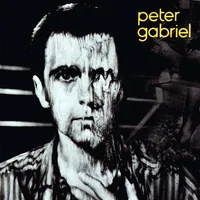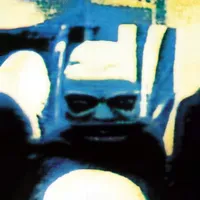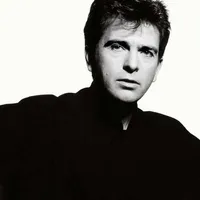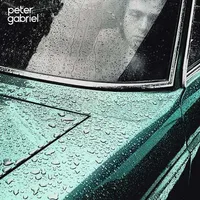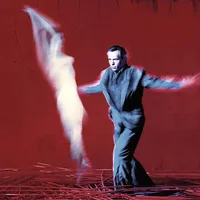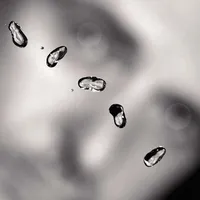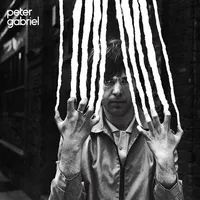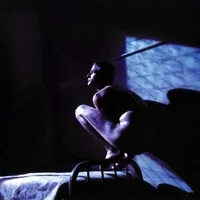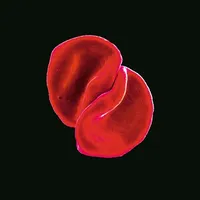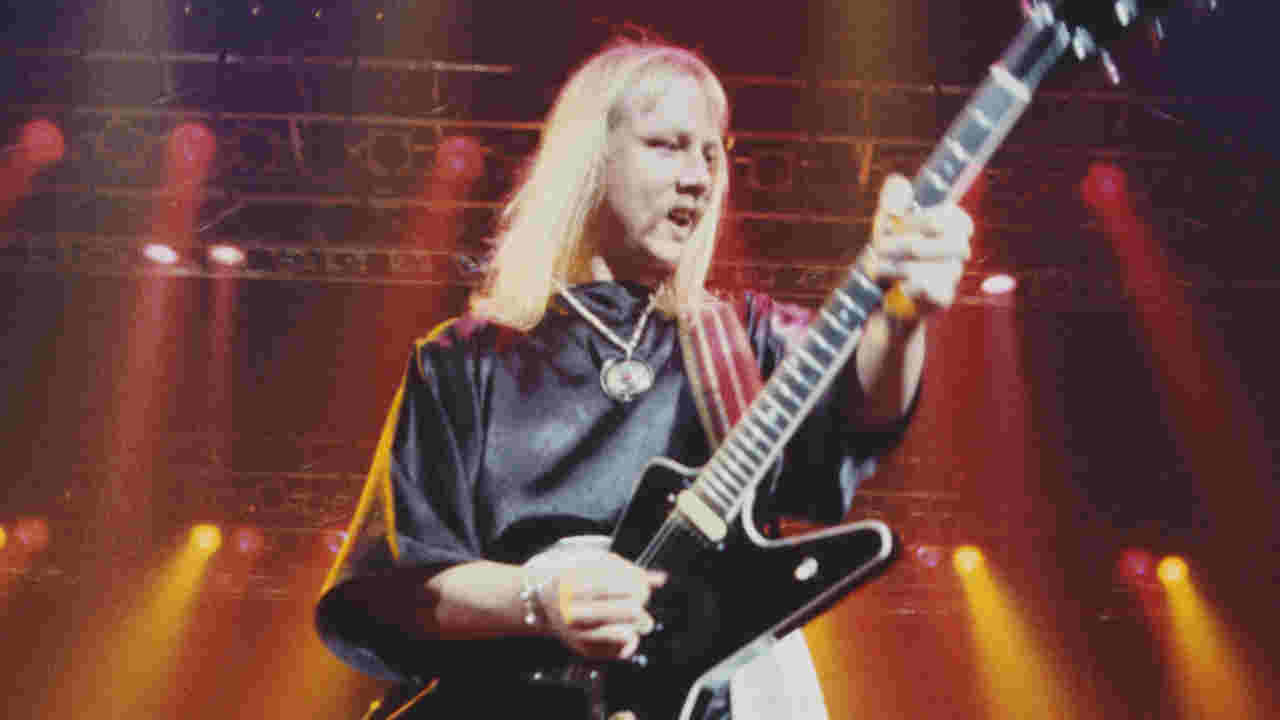The Peter Gabriel albums you should definitely own
In a career that's taken him from prog flag carrier to pop superstardom, Peter Gabriel has produced music of depth and originality - and these are his best albums
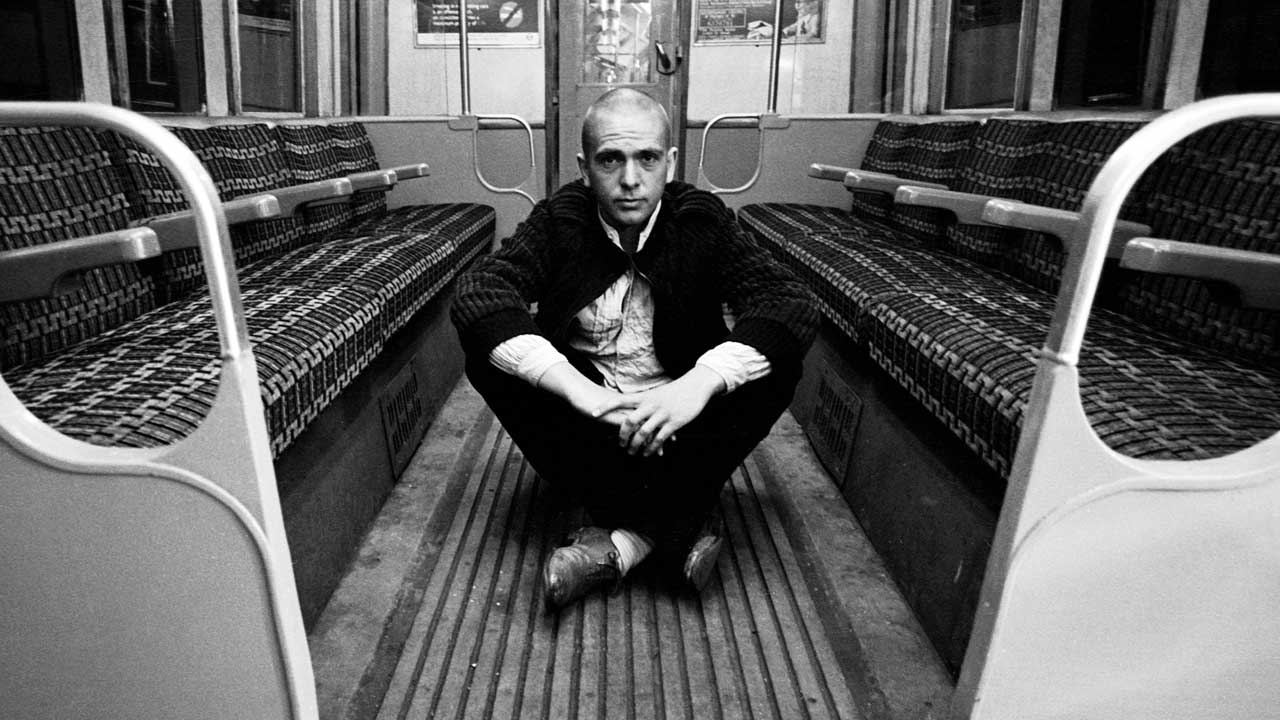
Peter Gabriel’s career path isn’t so much a straight line as a series of tight curves, elongated arcs, left turns, bold diversions, unexpected pauses and welcome returns. But it has been a journey of continual forward motion, defined by a desire to push himself and his collaborators ever onwards, rarely looking over his shoulder.
This much became obvious when he left Genesis following 1975’s The Lamb Lies Down On Broadway. He’d formed the band as teenager with a bunch of schoolfriends, helping lay the foundations for progressive rock and introducing vivid and frequently surreal theatrics to a genre that wasn’t known for extroversion.
His departure, as documented on his debut solo single Solsbury Hill, was both liberating and terrifying. Four solo albums, all confusingly titled Peter Gabriel, followed between 1977 and 1982, for which he brought in an array of collaborators and guest musicians, from King Crimson’s Robert Fripp to The Jam’s Paul Weller to his old Genesis bandmate Phil Collins.
Singles such as Games Without Frontiers and Shock The Monkey bridged the worlds of pop and art-rock, while Gabriel’s growing interest in music from Africa, Asia and South America pushed back the boundaries of his music even further and led him to found the groundbreaking Womad festival in 1980.
And then the 80s happened. Gabriel’s 1986 album So propelled him to bona fide pop superstardom. He professed to not enjoying the full-beam glare of the spotlight, and both the increasingly lengthy gaps between releases and the sometimes opaque music he was making seemed to back that up; he’s released just three albums of new studio material in the past 32 years.
Given his sonic adventurousness, it’s easy to overlook what a fantastic singer Gabriel really is. His voice bears the imprint of the great soul records he grew up listening to: gently grainy, but powerful, carrying much of the emotional load in his music. He’s a brilliantly unconventional songwriter too: many of his best songs start out in one place and end up somewhere completely different.
Today, Gabriel exists as the avuncular face of experimental music. His muchanticipated new album, i/o, is his first in 20 years, although, ever the maverick, he released the majority of its tracks over the preceding 12 months, tying it in with the cycle of the Moon – the latest unexpected curve ball in a career defined by them.

Peter Gabriel (Charisma, 1980)
Gabriel’s third solo album (aka Melt) was his first great post-Genesis record. The decision to forgo the use of cymbals and lean into a gated reverb drum sound (an innovation of producer Steve Lillywhite and engineer Hugh Padgham) gives the sinister Intruder a unique sonic identity, one that other artists would pick up and run with in the ensuing decade.
And Through The Wire and subversive hit single Games Without Frontiers exude left-field art-pop brilliance, but it’s closing track Biko – inspired by the death of South African anti-Apartheid activist Steve Biko – that stands as the emotional high point of both the album and Gabriel’s career to that point. Gabriel also recorded a German-language version of the album, Ein Deutsches Album.
Peter Gabriel (Charisma, 1982)
Released as Security in the US by an exasperated record company, Gabriel’s fourth solo album is his unsung masterpiece. Dark and dense, it was built on percussion: smouldering opening track The Rhythm Of The Heat erupts into a conflagration of Ghanaian drums, I Have The Touch and The Family And The Fishing Net are carried by forceful yet strange rhythms.
Shock The Monkey was the hit, but the twin highlights are the remarkable San Jacinto, which performs the classic Gabriel trick of beginning as one thing and ending as another, and the cascade of empathy and emotion that is Wallflower, which briefly cracks open the door to let in a little light. Like Melt, Gabriel released a version of the album sung in German.
Gabriel’s fifth album proper is his most conventional, with the wilfully brash, slyly naughty single Sledgehammer the engine that powered it to worldwide sales of more than 10 million, proving that his old mate Phil Collins didn’t have the monopoly on horn-driven yuppie-era R&B. But that and the grating Big Time were outliers.
Stellar opener Red Rain, Kate Bush duet Don’t Give Up and the poised if dark Mercy Street find Gabriel in reflective mood, a bridge between the art-punk he once was and the patricianly figure he’d become. But beneath the Fairlight synths and burbling bass an art-rock heart still beats.
Peter Gabriel (Charisma, 1977)
His first solo album (aka Car) begins with Moribund The Burgermeister, whose am-dram theatrics are a carry-over from his Genesis days, and ends with the stirring Here Comes The Flood, which pointed the way to a more graceful, grown-up future.
Gabriel covers a lot of ground in between, from pastoral folk rock (the eternally glorious kiss-off of Solsbury Hill) and sparkling mid-70s rock to mutant lounge jazz/blues and even an excursion into barbershop-style a capella music, all sprinkled with producer Bob Ezrin’s magic dust. The sound of an artist trying on a lot of hats before he finds one that fits.
Us was a continuation of So in the same way that 4 was a continuation of 3: a record that built on the ideas laid out on its predecessor without ever replicating them.
The broiling, funky Steam and Digging In The Dirt are this album’s Sledgehammer and Big Time, but elsewhere Gabriel was looking inwards, lyrically and musically, musing on failed relationships on Love To Be Loved and fatherhood on the heart-swelling Come Talk To Me. The latter is enhanced by the presence of both Russian vocal group Dmitri Pokrovsky Ensemble and Sinéad O’Connor, who also lends an ethereal emotional edge to Blood Of Eden.
Gabriel’s first album in a decade, and his most enigmatic. The squalls of Nine Inch Nails-like noise that punctuate Darkness and the undercurrent of menace that lurks beneath Growing Up echo the darker moments of Security.
His voice, aged like a fine whisky, has rarely sounded better than it does on No Way Out and the delicately weird My Head Sounds Like This. Uncharacteristically sour TV satire The Barry Williams Show threatens to ruin the spell halfway through, but it’s pulled back by the monumental Signal To Noise. An impressive album, if occasionally impenetrable.
Peter Gabriel (Charisma, 1978)
Written and recorded in just six weeks, the second of his four self-titled albums – aka Scratch – ditched the big-tent approach of its predecessor for something more direct yet less rewarding.
DIY’s Bowie-esque art-rock’n’roll and the ragged, punk-edged vocals of On The Air aren’t as interesting as they could have been, and the less said about the synth-heavy ‘white reggae’ of A Wonderful Day In A One Way World the better. More intriguing is Exposure, in which Gabriel’s treated vocals are enveloped in producer/guitarist Robert Fripp’s signature Frippertronics. Not so much a leap forward as a stylistic cul de sac out of which Gabriel would soon reverse.
It was only a matter of time before the artistically curious Gabriel turned his hand to film soundtrack work, and Birdy was his entry into that world. Alan Parker’s film was centred on two damaged young war veterans trying to process the horrors of their respective traumas, and the largely synth-led, vocal-free mood music Gabriel created captured the the film’s sense of dislocation from the real world.
Inevitably, it works better when married to the film’s visuals, although the urgent, percussive Birdy’s Flight wouldn’t have sounded out of place on Melt or Security. Gabriel would go on to provide more film music.
Scratch My Back (Real World, 2010)
The grand idea was to record a set of covers of songs by artists including David Bowie (‘Heroes’), Neil Young (Philadelphia), and younger artists such as Bon Iver, Regina Spektor and Elbow, using only orchestral instruments.
It’s most successful when it stays close to the original tracks, tapping into the emotional power of The Magnetic Fields’ The Book Of Love and Lou Reed’s The Power Of The Heart. Conversely, the further away he pulls from the source material, the harder it becomes to love, most notably the mangled version of Radiohead’s Street Spirit, which prompted that band to pull out of the reciprocal album of Gabriel covers And I’ll Scratch Yours.
...and one to avoid
You can trust Louder
Every artist has the right to revisit and re-record their old songs, but few improve on them. Gabriel is no exception. Still deep in his orchestral phase, New Blood saw Gabriel and arranger/composer John Metcalfe revisiting past glories and rebuilding them as orchestral works, with Gabriel adding new, world-worn vocals.
A handful work, most notably Intruder, which becomes a sinister, stabbing nightmare. Most don’t: San Jacinto is stripped of its emotional power, Red Rain becomes utterly overbearing, and Don’t Give Up, featuring Ane Brun in the Kate Bush role, is turned into the soundtrack to supper at a posh jazz club. A passion project, but a self-indulgent one.
Sign up below to get the latest from Classic Rock, plus exclusive special offers, direct to your inbox!
Dave Everley has been writing about and occasionally humming along to music since the early 90s. During that time, he has been Deputy Editor on Kerrang! and Classic Rock, Associate Editor on Q magazine and staff writer/tea boy on Raw, not necessarily in that order. He has written for Metal Hammer, Louder, Prog, the Observer, Select, Mojo, the Evening Standard and the totally legendary Ultrakill. He is still waiting for Billy Gibbons to send him a bottle of hot sauce he was promised several years ago.
